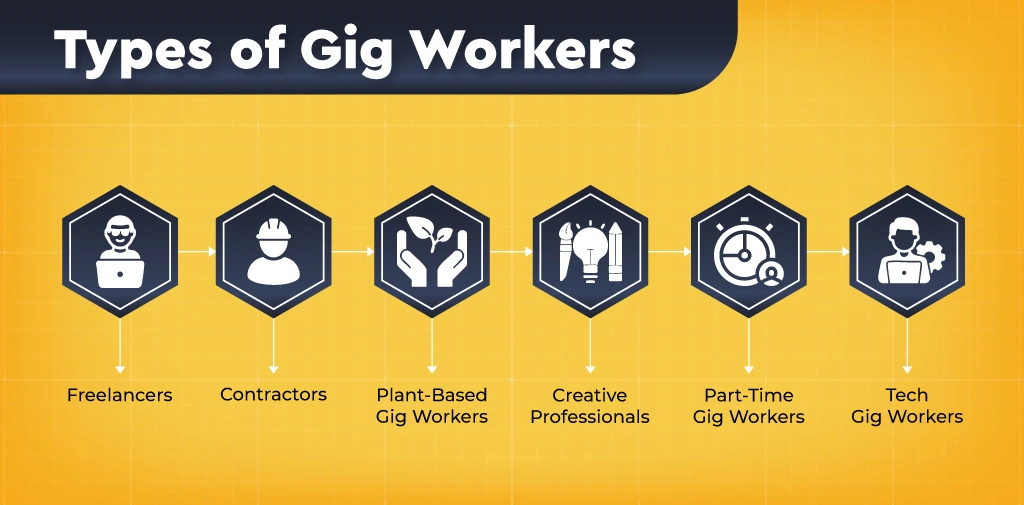The Governor of Karnataka recently approved the Karnataka Platform-Based Gig Workers (Social Security and Welfare) Ordinance, 2025. This ordinance is a significant regulatory intervention in India’s expanding platform economy, laying the foundation for a comprehensive social security architecture for gig and platform-based workers such as delivery personnel, drivers, and service providers.
Key Features of the Ordinance
1. Welfare Fee from Aggregator Platforms
The ordinance imposes welfare fee ranging from 1% to 5% on the value of every transaction conducted between a platform and a gig worker. This fee will serve as the primary funding source for a new social security framework.
- Platforms such as Swiggy, Zomato, Ola, Uber, Amazon, and others fall within the ambit of this mandate.
- The exact fee structure for different categories of aggregators will be notified within six months.
- Aggregators must deposit the fee quarterly, with provisions for annual reconciliation and interest on delayed payments.
2. Establishment of a Gig Workers’ Welfare Board
A dedicated Karnataka Gig Workers Welfare Board will be formed to oversee the implementation and management of welfare measures.
- A new Payment and Welfare Fee Verification System (PWFVS) will track transactions, verify compliance, and ensure transparency.
- Until the system is operational, platforms may temporarily self-report quarterly payouts and receive conditional exemptions.
3. Scope of Social Security Benefits
The welfare fund will be jointly financed by platform contributions, worker contributions, and government grants. Benefits will include:
- Healthcare and insurance coverage
- Maternity support and income replacement
- Old-age, disability, and accident protection
- Targeted provisions for women workers and persons with disabilities
4. Worker Registration and Rights
- All gig workers will receive a unique identification number that is valid across platforms.
- Aggregator platforms will be mandated to register with the Welfare Board.
- Worker contracts must specify:
- Payout terms
- Incentive structures
- The right to refuse tasks
- Workers cannot be suspended or terminated without a 14-day written notice, except in cases involving violence or bodily harm.
5. Algorithmic Transparency and Non-Discrimination
- Platforms must disclose decision-making logic that affects worker outcomes (e.g., allocation of tasks, ratings, incentives).
- The ordinance strictly prohibits algorithmic discrimination based on gender, caste, religion, or other social characteristics.
6. Grievance Redressal and Payment Protocols
- A two-tier grievance redressal mechanism will be established to resolve disputes between platforms and workers.
- Platforms must ensure timely disbursal of paymentsand clearly state any deductions.
- Penalties, including interest, will apply for non-compliance with payment or transparency norms.
Conclusion:
This ordinance is the first in India to create a legal welfare structure tailored specifically for gig workers, recognizing their economic contribution while attempting to balance the asymmetry of power between platforms and individuals. It also sets a precedent by aligning state-level action with the Code on Social Security, 2020, thereby creating an operational bridge between platform-based labor and formal welfare systems.







